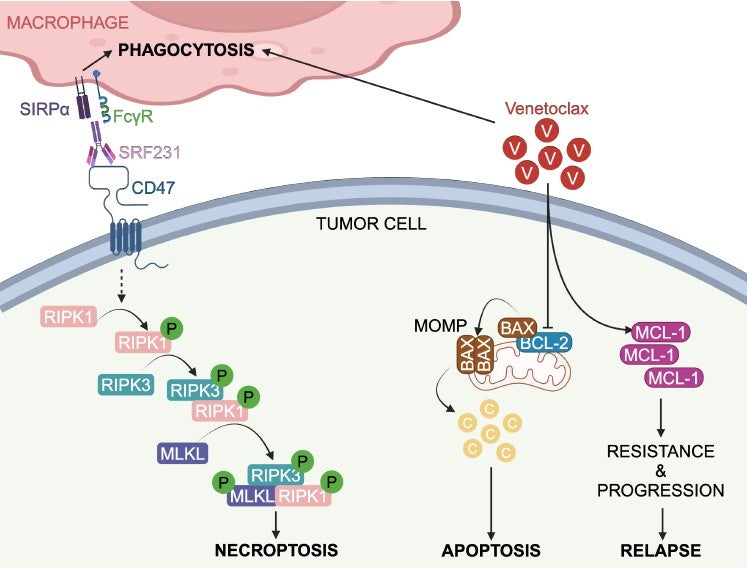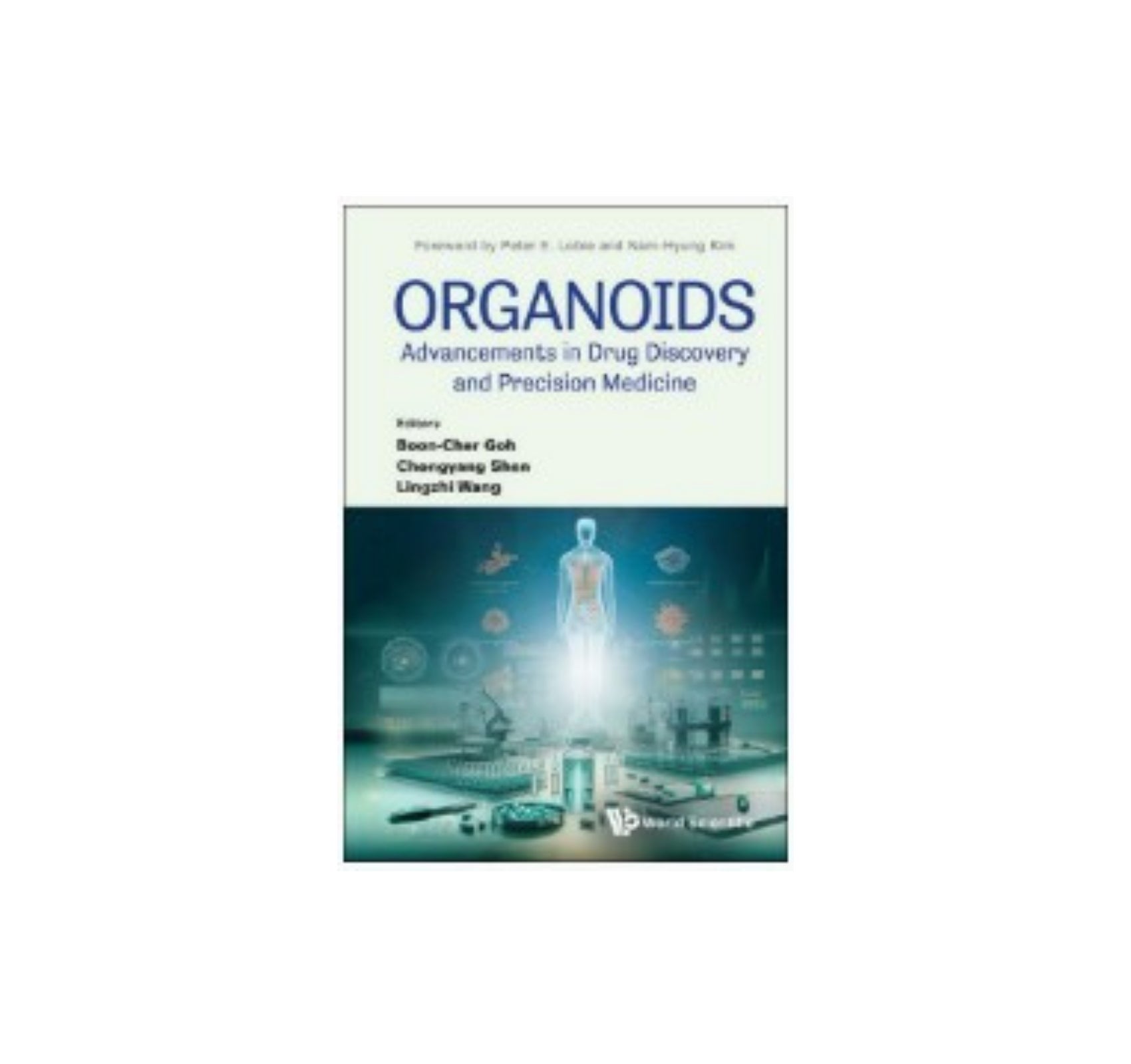Phase I trials are an essential part of bringing new cancer therapies into the clinic. As participation in Phase I trials usually requires life expectancy of greater than 3 months and the overall survival of potential participants is difficult to predict, poor selection of patients for participation in these trials may skew overall outcome of the trial. Thus, the effect of the treatment being investigated may not be accurately reflected. To address this issue, the authors, led by Dr Chee Cheng Ean, conducted the largest Asian study to date to validate the Royal Marsden Hospital (RMH) prognostic score, which has previously been used to predict overall survival in Western populations. The authors also developed a National University Cancer Institute, Singapore (NCIS) score with exceptional capacity for the prediction of short- and longer-term survival of patients in Phase I trials. Their findings provide a basis for the improvement of Phase I trials conducted in Asian populations.
Read more: https://www.nature.com/articles/s41416-023-02193-2




